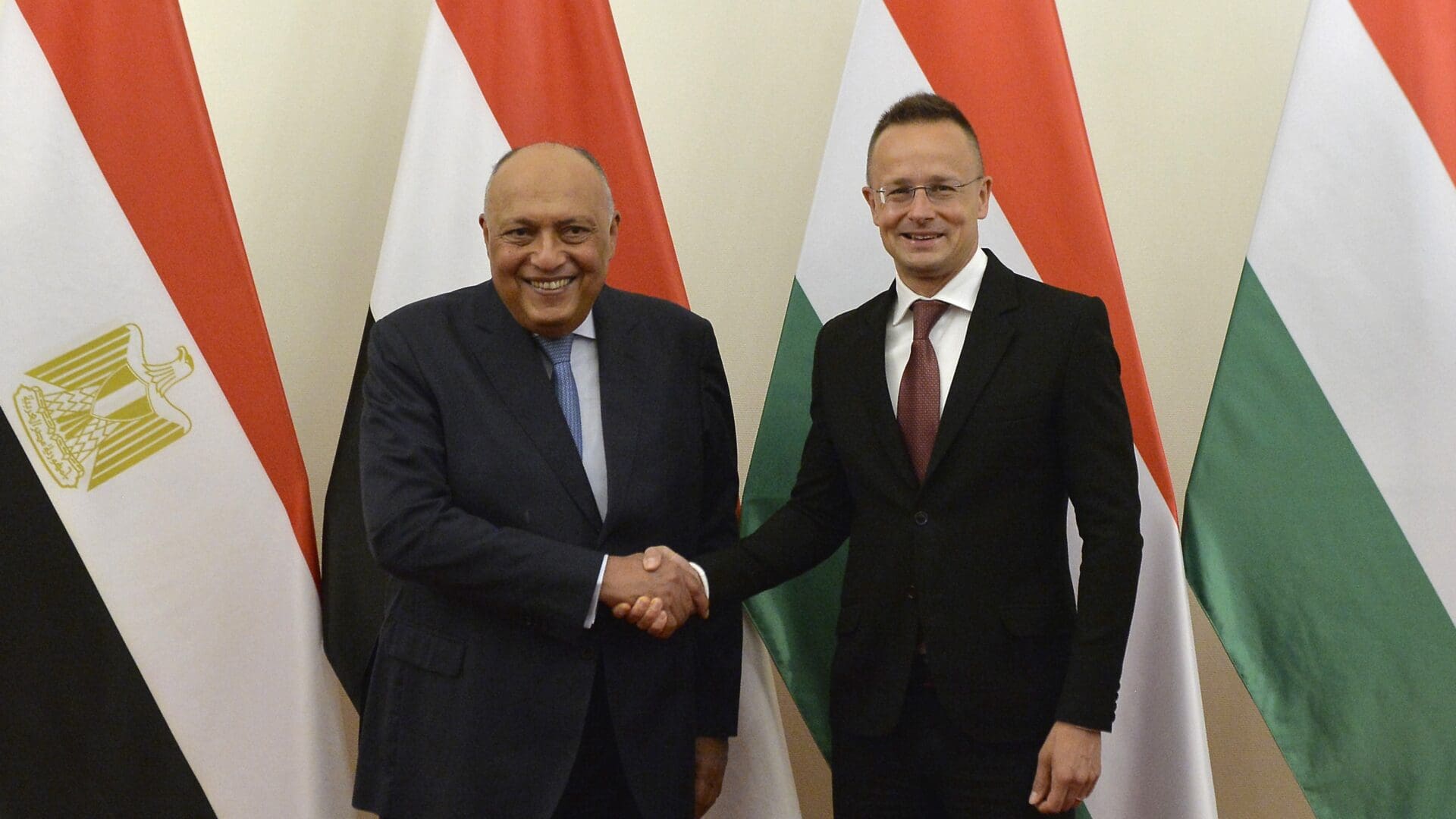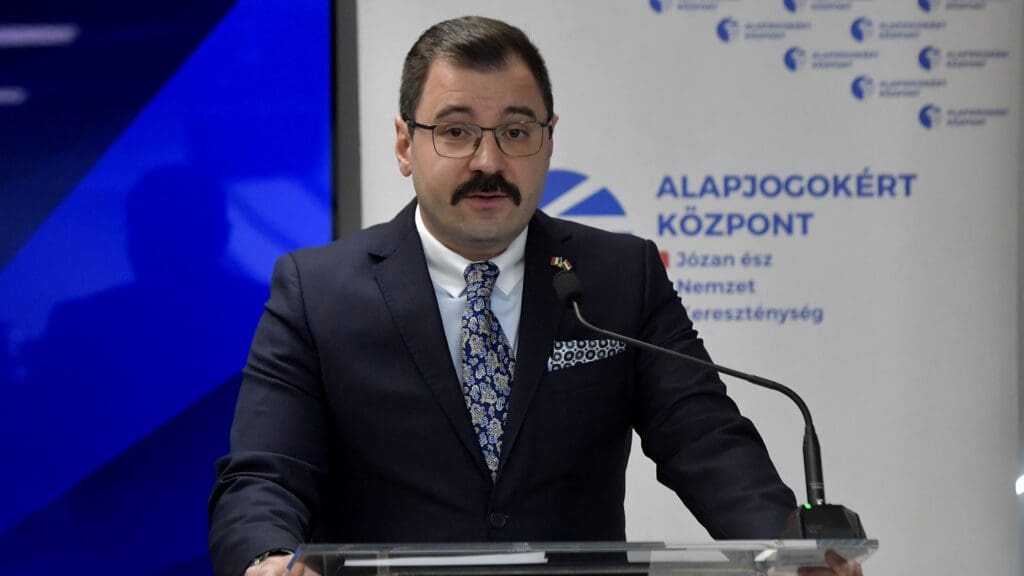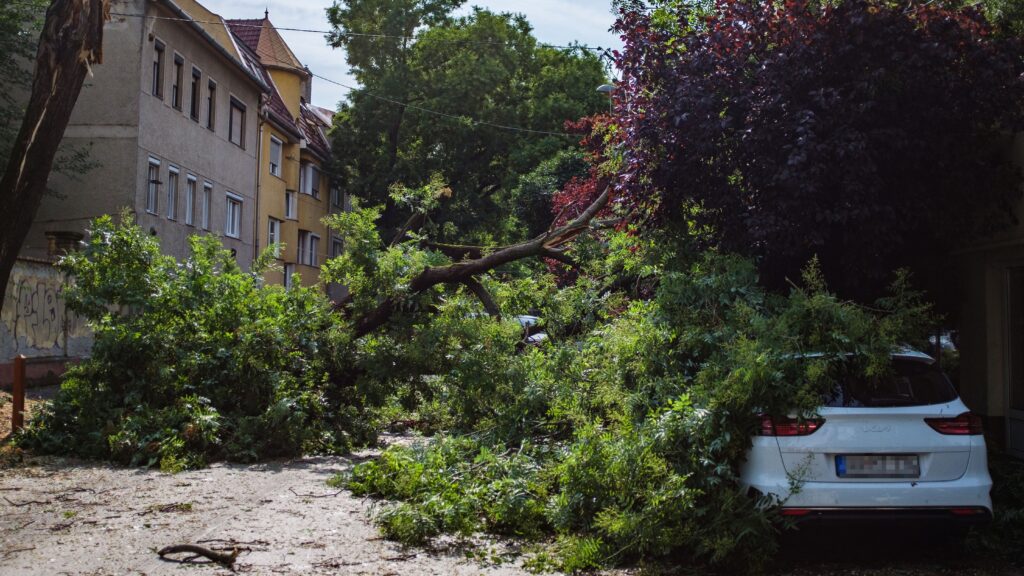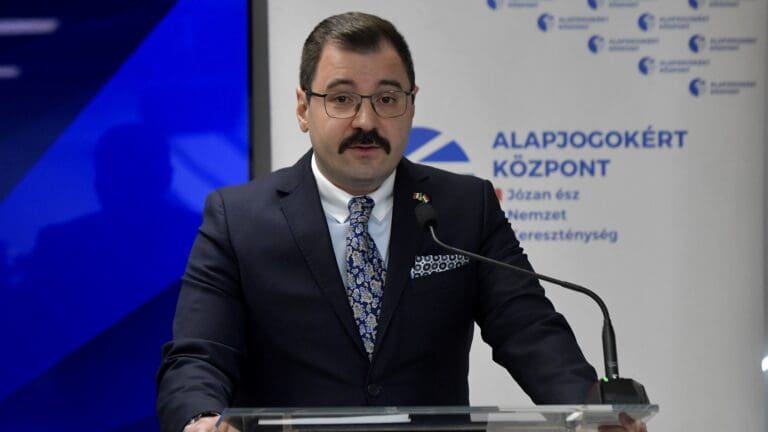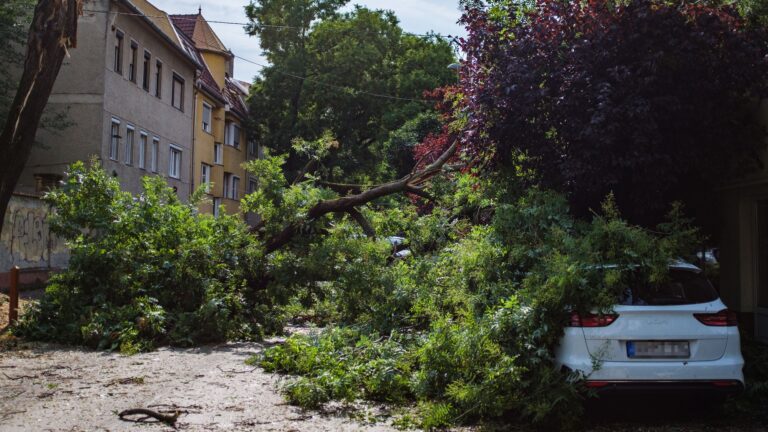While the migration pressure on Europe is increasing due to Brussels’ policies, countries that keep illegal immigration processes under control, such as Egypt, need to be appreciated and their financial support should be increased, Minister of Foreign Affairs and Trade, Péter Szijjártó said on Tuesday in Budapest.
During a joint press conference with his Egyptian counterpart, Sameh Shoukry, the minister emphasised that the relationship between the two countries has always been based on mutual respect, and Hungary greatly benefits from it in terms of security and economy.
‘This long-standing friendship and cooperation now have even more of a significance when global security has become quite fragile. The importance of Hungarian-Egyptian cooperation is also increased by the fact that both countries belong to the peace-loving global majority,’ he stated. ‘We would like the war in Ukraine to end as soon as possible. We advocate the position that there is no battlefield solution to this war; only diplomacy, negotiations, ceasefire, and peace talks can lead to the desired outcome,’ he conveyed.
Péter Szijjártó also touched upon the issue of mass illegal migration in light of serious security challenges. He highlighted that
Hungarian authorities stopped approximately 270,000 illegal border crossing attempts last year without any assistance from Brussels.
‘Not only do we not receive any help, but Brussels continually worsens the situation with migration-friendly statements and encouragement of migration,’ he went on to say. ‘Due to Brussels’ migration policy, human smuggling has practically become a flourishing business throughout Europe. And since migration pressure is increasing due to Brussels’ policies, countries that help prevent this pressure from growing need to be especially valued,’ Szijjártó added.
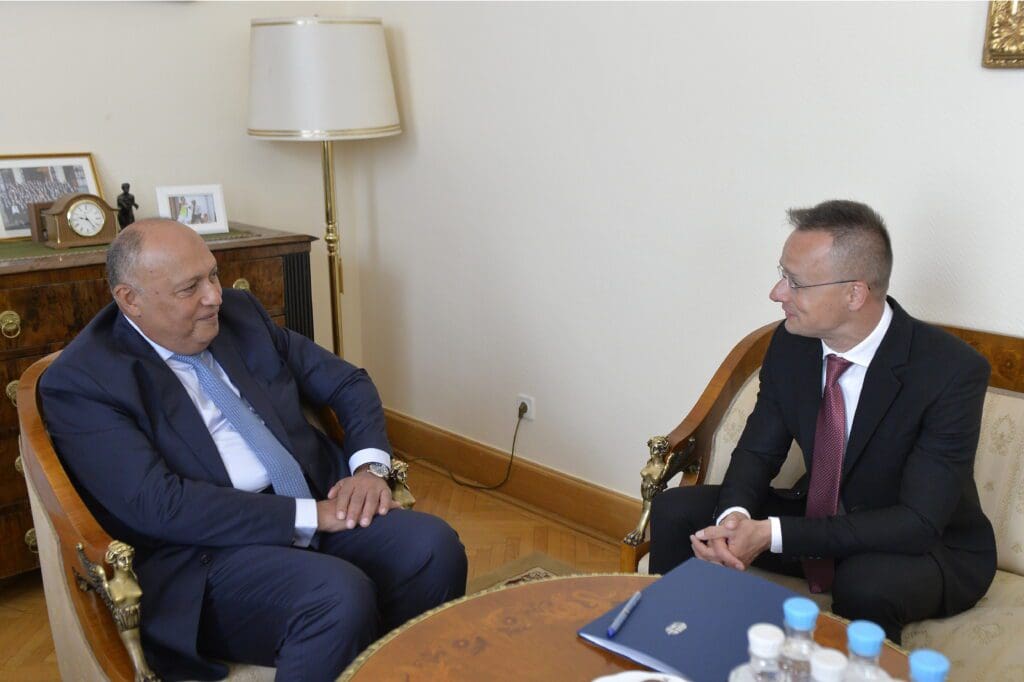
He emphasised that Egypt is precisely such a country and the most stable bastion of the North African frontline protecting Europe, despite the situation being further complicated by the ongoing civil war in neighbouring Sudan and the influx of refugees from there.
The minister also mentioned cooperation in the fields of energy, technology, and education, noting that both countries are constructing new nuclear power plants using the same technology and contractor. Additionally, he revealed that 125 Egyptian students receive scholarships to study at Hungarian higher education institutions every year, and the interest is evident from the fact that 890 applications were submitted for the current academic year.
The parties also signed an agreement on cooperation in the field of plant protection during the meeting.
Related articles:

